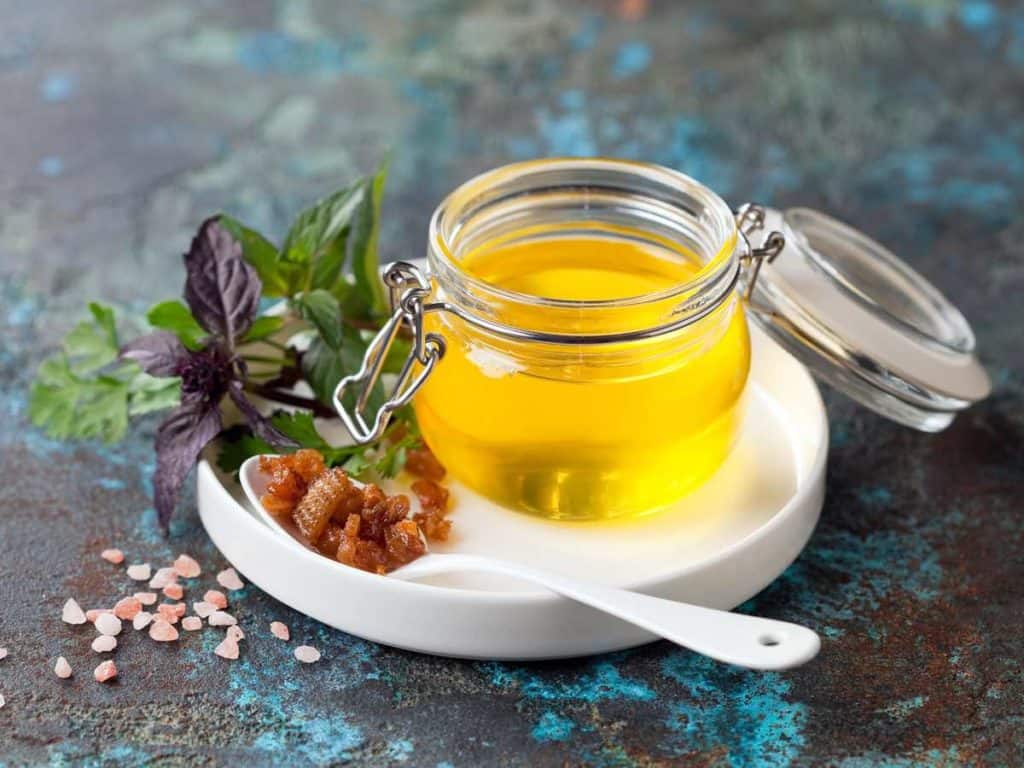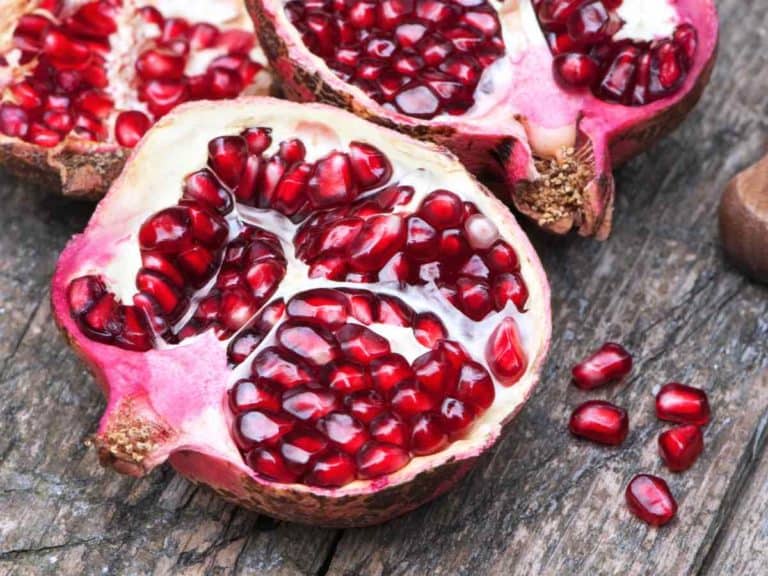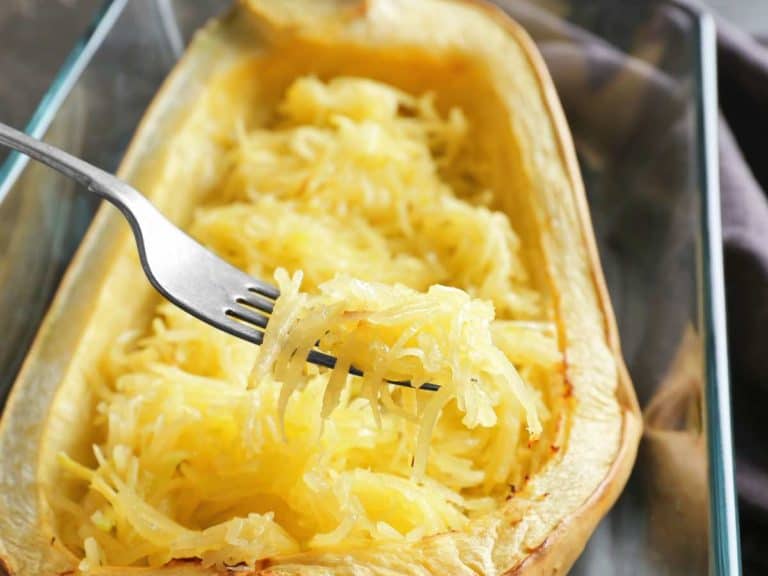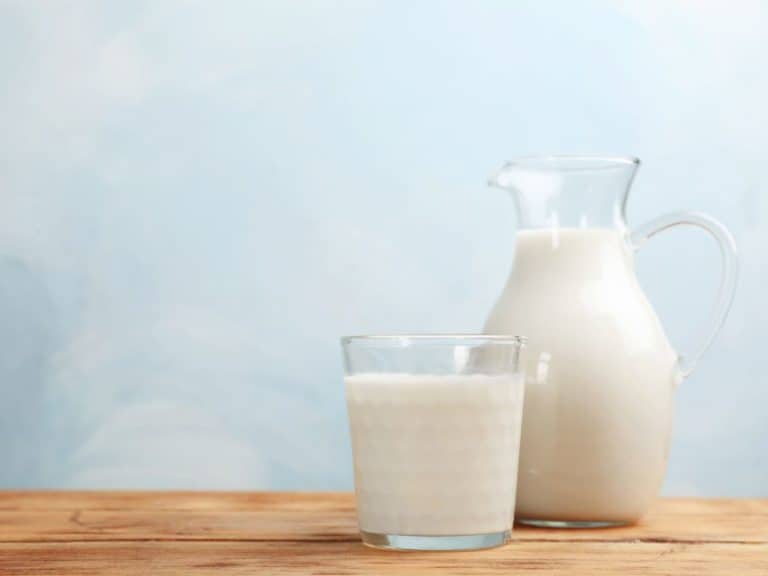How to Store Duck Fat Long and Short Term
Duck fat can be used for frying or baking just about anything that you want to taste better. However, like when using any other cooking oil, it’s a must that you steer clear of rancid duck fat. And now you may be thinking how to store duck fat long term to make sure that you can have a culinary masterpiece at any given time.
Transferring duck fat in an airtight container and storing it in the refrigerator can keep it in an excellent state for up to six months. It can be stored in the freezer, too, where it will keep for up to a year. After using, duck fat should be strained before placing back in the fridge or freezer.
It’s true that duck fat can easily outshine a number of traditional cooking oils.
However, it can still go stale just like the rest. Storing it the right way is of utmost importance, especially if you want to have a steady supply of it.
The good news is that keeping duck fat from going bad is as simple as opening the refrigerator or freezer door.
No matter if you have been using duck fat for a long time already or this is your first time to consider using it, keep on reading.

But First: Why Should You Use Duck Fat?
Cooking oils can either be plant-based or animal-based.
A lot of plant-based cooking oils are always causing heads to turn toward their direction because of the many health benefits associated with their use.
On the other hand, most animal-based cooking oils are getting a lot of flak, especially from doctors and health-conscious people.
However, there is an animal-based type of cooking oil that seems to be getting more praises than criticisms. It’s none other than duck fat. As the name suggests, it’s from the fat of a duck.
There are three reasons why you should start using duck fat in the kitchen…
It has a high smoke point
When choosing which cooking oil to use, one of the most important considerations is the smoke point.
Also sometimes called “burning point”, the smoke point is the point when cooking oil starts burning and producing smoke.
The problem with heating cooking oil past its smoke point is that it can harm the flavor of the food.
Many of the nutrients in the cooking oil, especially heat-unstable ones, also get destroyed once it goes beyond the smoke point. Cooking oils with low smoke points are not suited for cooking at high temperatures, such as deep-frying.
Duck fat as a high smoke point of 375°F. Let’s take a look at the smoke points of some common cooking oils:
- Safflower oil 510°F
- Soybean oil 450°F
- Peanut oil 450°F
- Sunflower oil 440°F
- Beef fat 400°F
- Canola oil 400°F
- Avocado oil 375°F
- Chicken oil 375°F
- Olive oil 375°F
- Pork lard 370°F
- Sesame oil 350°F
- Coconut oil 350°F
The smoke point of duck fat is not the highest.
However, it’s not the lowest either. This is why it makes for excellent oil for everyday cooking, especially if you want to serve nothing but the tastiest gastronomic opus.
It makes practically everything taste great
Duck fat has a rich yet subtle flavor. According to many of those who have tried using it, just about everything that’s cooked in it becomes a better version of itself.
Even if you have tried your hands at cooking just last week, using duck fat can give everyone the impression that you have been cooking all your life.
What’s really nice about duck fat is that it is a versatile type of cooking oil. You can use it for cooking everything from vegetables to meat. However, it is especially best used for cooking potatoes in all kinds of ways.
It’s so versatile that it can also be used for baking an assortment of pastries. They range anywhere from pies, croissants, cannolis to macarons.
Some people even cook their popcorn in duck fat. It can also be used as an alternative to butter, which means that it can make anything that tastes great with butter taste even better.
Health-conscious people, rejoice: duck fat can be used as salad dressing, too. Adding a dash of apple cider vinegar or freshly squeezed lemon juice can make duck fat an unforgettable salad dressing.
There is one more reason why you should welcome duck fat into your life if you want to stay fit and healthy…
Duck fast is healthier than other animal-based oils
It’s no secret that animal fats are being frowned upon by health authorities and health-conscious people alike. That’s because they are bad not only for the waistline but the arteries, too.
Duck fat is animal-based cooking oil.
However, it’s not as bad for your health as others, such as beef fat and pork lard. As a matter of fact, it is considered healthier than butter.
That’s because duck fat has monounsaturated fat, which may help increase high-density lipoprotein (HDL) cholesterol levels and lower low-density lipoprotein (HDL) cholesterol levels.
Put simply, HDL cholesterol is good cholesterol. Its role is to absorb LDL cholesterol, which is bad cholesterol, and carry it back to the liver — your liver makes LDL cholesterol and flushes it out of your body, too.
Having high levels of LDL cholesterol is a complete no-no because it can cause the arteries to become clogged.
In extreme cases, the heart and brain may fail to get enough oxygen from the blood, leading to a heart attack or stroke, respectively. By raising HDL cholesterol levels, LDL cholesterol can be kept from wreaking havoc on the arteries.
Note: Adding duck fat to your diet on a regular basis alone will not keep your heart out of harm’s way. It’s also of utmost importance that you have a healthy diet and lifestyle.
Duck fat also contains linoleic acid, a type of essential fatty acid. Some of the health perks of linoleic acid are:
- Healthier cells
- Optimized kidney functioning
- Increased bone health and strength
- Improved insulin sensitivity
- Lowered blood pressure readings
- Increased energy levels
Nonetheless, duck fat is animal-based cooking oil. This means that it still contains a lot of calories and saturated fat (but not as high as other animal-based oils).
It is a good idea to use or consume duck fat in moderation. And if you have a known medical condition, ask your primary care provider first about adding duck fat to your diet.
Different Ways to Store Duck Fat
Now that you have a better idea of what duck fat is and why it is a wonderful addition to your culinary life, it’s time to know how to store duck fat long term.
Especially if you plan to have a lengthy relationship with this amazing type of cooking oil, it is a must to get acquainted with its storage requirements.
Keeping duck fat from going rancid — this is the main reason why duck fat should be stored the right way.
It’s a good thing that duck fat can be stored as easily as it can make just about anything you wish to serve on the table taste so much better! Keep on reading if you want to become a pro at storing duck fat at home.
How to Store Store-Bought Duck Fat
Store-bought duck fat should be stored in a cool, dry place. It’s in the pantry or a kitchen cabinet where it can be protected from light and heat, both of which can make it go bad. After opening, duck fat should be stored in the fridge to extend the shelf life. It can also be kept in the freezer.
Like most cooking oils, duck fat doesn’t like direct light. It also doesn’t like heat while being stored, although heat is not a big problem when it’s time for it to serve its job as cooking oil since it has a high smoke point.
Duck fat is usually available in jars, and you can find them in one of the shelves at the cooking oil aisle. The fact that they are placed on a shelf means that they don’t need refrigeration.
However, when you check the label, you will learn that duck fat available in stores should be refrigerated after opening.
As soon as you use store-bought duck fat, store it in the refrigerator — this is the best way to store duck fat, whether from the supermarket or made from scratch in the kitchen (rendered duck fat).
Can I refrigerate unopened store-bought duck fat?
An unopened jar of store-bought duck fat can be stored in the refrigerator. This is a must if you live where the climate is hot. The same is true if you no longer have any space in the pantry or elsewhere in the kitchen. Still, it’s important to check the “use by” or “best by” date on the label.
Just in case there is no more available space in the refrigerator, it is perfectly fine to store unopened store-bought duck fat in the freezer. However, you can rest assured that it’s going to turn solid.
How to thaw frozen duck fat
Duck fat from the freezer can be defrosted in two ways. First, duck fat can be transferred to the refrigerator at least a day before using it. Second, duck fat can be submerged in room temperature water, which is a faster way to thaw it. This method can defrost frozen duck fat in just two hours.
When thawing duck fat fresh from the freezer by submerging it in room temperature water, there are a couple of important things that you should remember:
- Use room temperature water only. Never be attempted to use warm or hot water to speed up the thawing process. Again, exposure to heat can make duck fat go stale.
- Replace water every 30 minutes. Room temperature water gets cold as it defrosts frozen duck fat. Replacing it every 30 minutes helps defrost duck fat in just a couple of hours.
How to Store Used Duck Fat
Used duck fat should be stored in either the refrigerator or freezer. However, before storing it, duck fat should be strained to remove food bits and other impurities. Duck fat should be cooled to room temperature first. Transfer duck fat to an airtight container before refrigerating or freezing.
Cooking oil can be reused a few times. It all depends on which foods you cook in it.
If cooking oil is used for frying breaded and battered foods, it can be reused three to four times only.
If cooking oil is used for frying foods that fry cleanly, it can be reused eight times or more. Use your sense of sight and smell when reusing cooking oil.
One of the nicest things about duck fat is that it can be used for cooking many times!
Besides saving money, reusing duck fat also helps ensure that there is something that you can use to make ordinary foods taste extraordinary.
However, it’s important that you store used duck fat the right way. That’s because it has been used before, making it easier for it to go bad.
Prior to storing duck fat in either the fridge or freezer, there are a few steps that you need to take first:
- Get rid of food bits. A strainer is very good at removing large bits of food. Unfortunately, it’s not capable of getting rid of very small ones. To get rid of impurities from duck fat that a strainer can’t, all you have to do is place cheesecloth on the strainer.
- Allow to cool to room temperature. Placing warm or hot duck fat in the refrigerator will cause moisture to collect in the container. Aside from light and heat, water can also make cooking oils go rancid. Storing warm or hot duck fat in the freezer, on the other hand, will cause moisture in the container to turn to ice crystals. This can cause freezer burn, which can impact the quality of duck fat and the taste of anything cooked in it.
How Long Can Duck Fat be Stored in the Fridge
Duck fat can be stored in the refrigerator for up to six months. It can still be used after six months. However, it may already show signs of being rancid, and it can have an unfavorable effect on the taste and smell of food. It’s also important to check the “use by” or “best by” date on the label.
If you want to store duck fat longer than six months, place it in the freezer instead. When frozen, duck fat can stay in tip-top shape for up to one long year.
How to Store Rendered Duck Fat for Later
Rendered duck fat for later use should be stored in a cool and dry place. It’s also a must for its container to be sterilized to remove bacteria, which can cause duck fat to go stale faster than usual. Duck fat may be refrigerated or frozen to shield it from light and heat, extending the shelf life.
To sterilize an airtight container, clean with warm soapy water. Place it in a large pan with boiling water and boil for 10 minutes. Do not sterilize an airtight plastic container in this manner.
By the way, rendered duck fat is a fancy name for duck fat made in your own kitchen.
And if this is the first time that you have read about the fact that you can make duck fat from scratch instead of buying a jar of it at the store, fret not. It is quite easy to render duck fat, and you can do it in a couple of ways:
Method #1:
- Using a sharp knife, make cross-hatched slices into the fat of the duck — avoid slashing the meat.
- Place the duck in the oven and roast it.
- Remember to place a baking dish under the duck to catch the drippings.
- Every hour or so, slash the fat of the duck to expose more of the fat and release more duck fat.
- Allow duck fat to cool to room temperature.
- Strain the drippings, transfer to an airtight container, and store in the refrigerator or freezer.
Method #2:
- Cut the skin and fat of an entire duck into small strips.
- Place in a heavy-bottomed pot.
- Add half a cup of water and allow duck skin and fat to simmer over medium heat.
- Turn off the stove after about an hour or when the water has evaporated.
- Allow duck fat to cool to room temperature.
- Using a strainer, collect duck fat.
- Transfer to an airtight container and store.
Should rendered duck fat be stored in the fridge?
Rendered duck fat is best stored in the refrigerator than in the pantry or kitchen cabinet. Exposure to the elements while it is being rendered in the kitchen can make it go stale faster than unopened store-bought duck fat. Rendered duck fat may also be frozen to keep it fresh for up to one year.
Always remember to place rendered duck fat in a sterilized airtight glass container before storing it in the refrigerator or freezer for best results.
Just Before You Attempt to Store Duck Fat
Duck fat is a fantastic type of cooking oil because it has a high smoke point, can make just about everything taste superb and is healthy.
Whether you are a seasoned chef or an occasional cook, you should give it a try.
Once you are hooked, you will find that having a steady supply of duck fat is a must.
This is why you should store it the right way, whether it is bought from the supermarket or rendered from a duck with your own two hands. The good news is that storing duck fat is just as easy as storing traditional cooking oils.
Keep the tips on how to store duck fat long term in mind, and you can whip up delectable treats every single time!
Related Article: What Can You Store in Mason Jars





